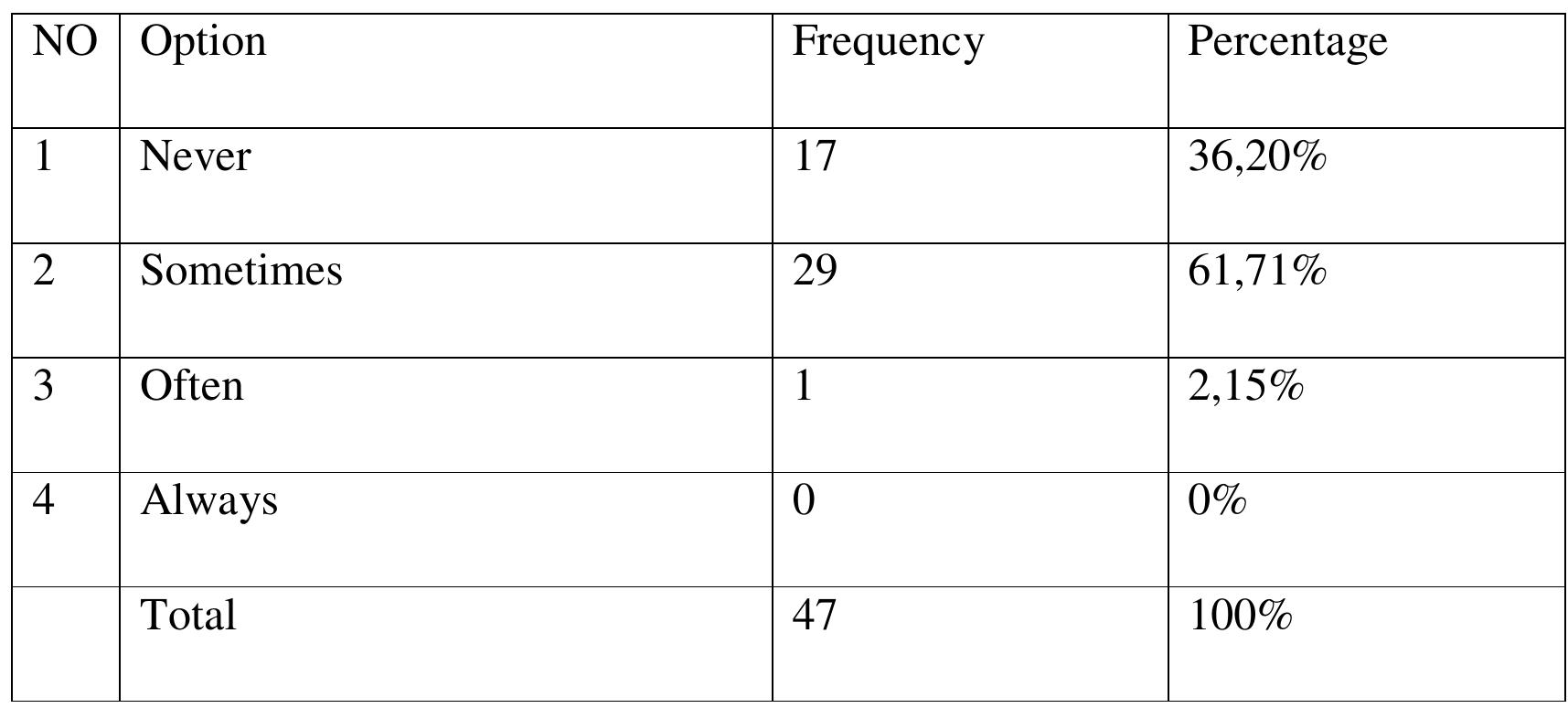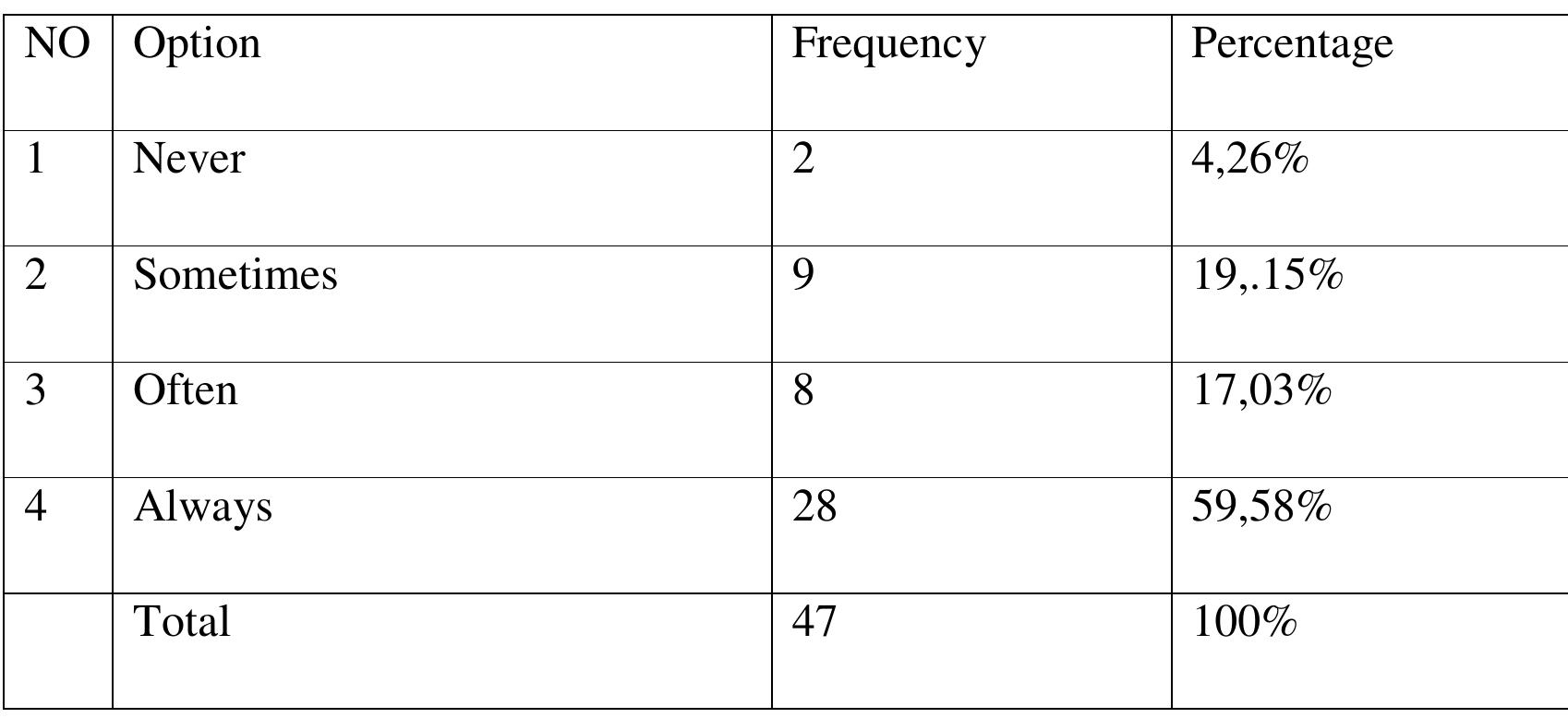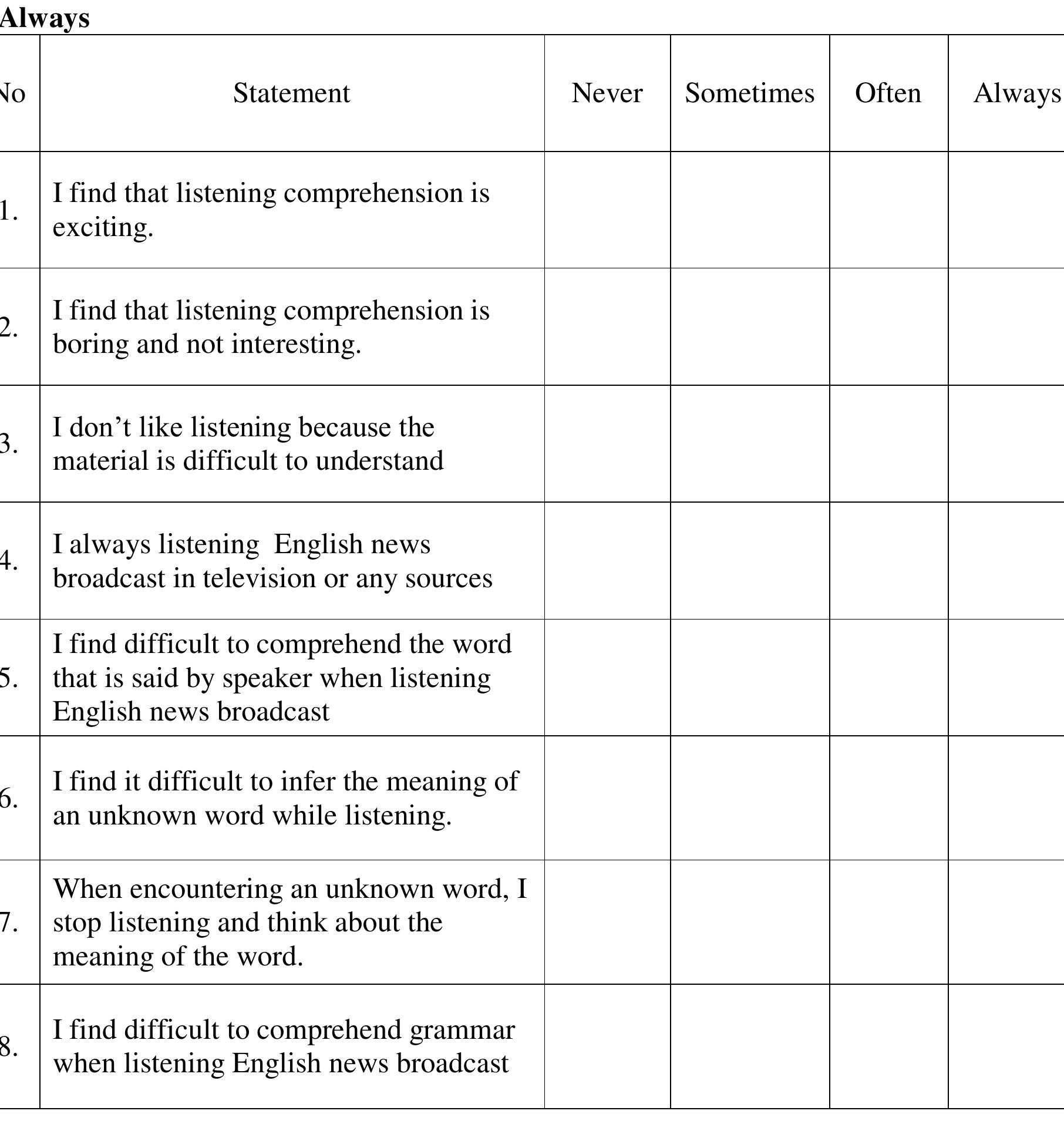Key research themes
1. How does metacognitive awareness and strategy use develop in early childhood and what are effective methods for its assessment?
This research area focuses on understanding the emergence and growth of metacognitive skills in young children, particularly preschool and early elementary ages. It examines the developmental trajectory of metacognition components such as metacognitive knowledge, regulation, and internal-state language as indicators of theory of mind and self-awareness. Assessing metacognition in early childhood is challenging due to limited verbalization and self-reflection capacity, so novel and developmentally appropriate evaluation tools are crucial. This knowledge matters because early metacognitive abilities support lifelong learning and self-regulated behaviors.
2. What are the key components and theoretical models that define metacognition and how can these inform educational practice and cognitive science?
This research theme synthesizes foundational theories and conceptual frameworks that articulate the structure and mechanisms of metacognition. It examines components such as metacognitive knowledge, metacognitive regulation, and experiences, alongside distinctions between cognition and metacognition. Integrative models drawing from cognitive neuroscience, psychology, and computational systems illuminate how metacognition controls, monitors, and dynamically adjusts cognition in learning and decision-making. These models advance understanding of self-regulated learning and inform evidence-based educational strategies to cultivate metacognitive skills.
3. How does metacognition influence learning outcomes, reasoning, and academic achievement, and what interventions effectively enhance metacognitive skills in educational settings?
This theme investigates the functional impact of metacognition on learners' performance, problem-solving, and academic success. It encompasses empirical studies linking metacognitive awareness and strategy use with improved reasoning and self-regulation across educational levels. It also covers intervention research that explores instructional methods designed to cultivate metacognitive skills, such as self-regulated learning training and metacognitive feedback. Understanding this relationship is critical to designing pedagogical programs that foster independent and reflective learning, thus improving overall educational efficacy.


































